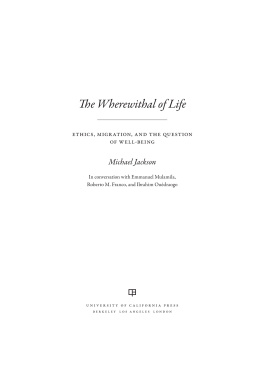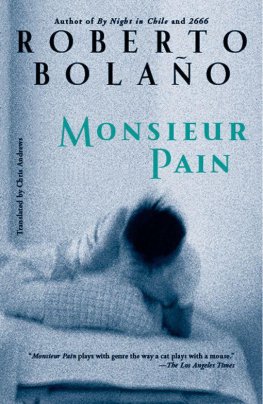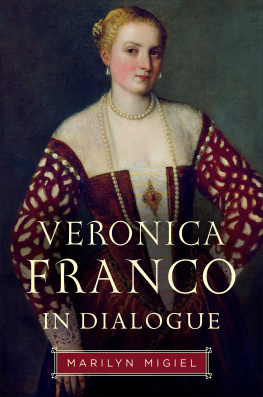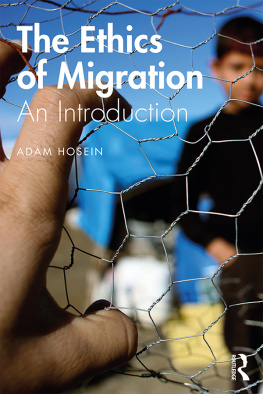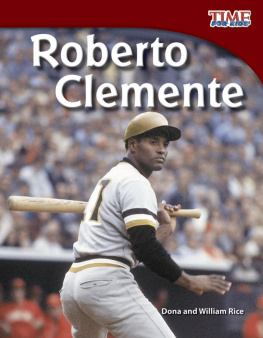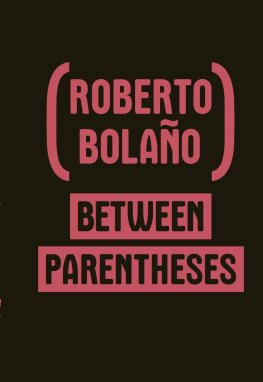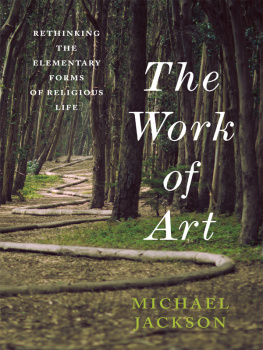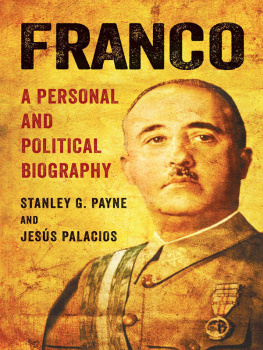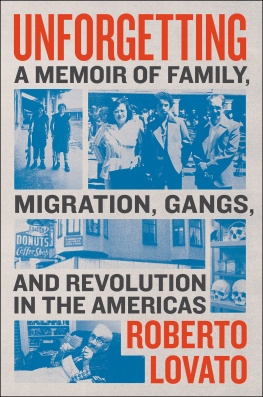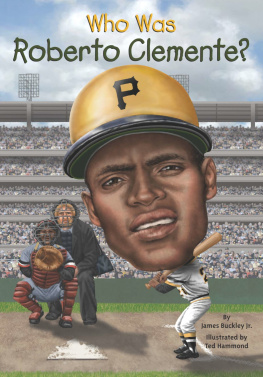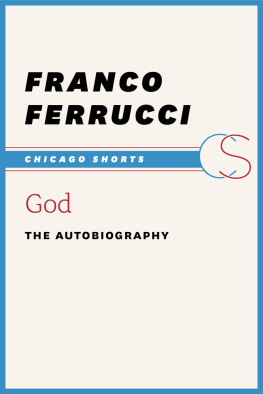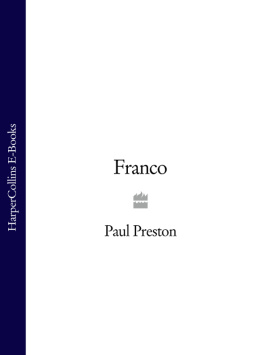Franco Roberto M. - The wherewithal of life: ethics, migration, and the question of well-being
Here you can read online Franco Roberto M. - The wherewithal of life: ethics, migration, and the question of well-being full text of the book (entire story) in english for free. Download pdf and epub, get meaning, cover and reviews about this ebook. City: Berkeley, year: 2013, publisher: University of California Press, genre: Home and family. Description of the work, (preface) as well as reviews are available. Best literature library LitArk.com created for fans of good reading and offers a wide selection of genres:
Romance novel
Science fiction
Adventure
Detective
Science
History
Home and family
Prose
Art
Politics
Computer
Non-fiction
Religion
Business
Children
Humor
Choose a favorite category and find really read worthwhile books. Enjoy immersion in the world of imagination, feel the emotions of the characters or learn something new for yourself, make an fascinating discovery.
- Book:The wherewithal of life: ethics, migration, and the question of well-being
- Author:
- Publisher:University of California Press
- Genre:
- Year:2013
- City:Berkeley
- Rating:5 / 5
- Favourites:Add to favourites
- Your mark:
- 100
- 1
- 2
- 3
- 4
- 5
The wherewithal of life: ethics, migration, and the question of well-being: summary, description and annotation
We offer to read an annotation, description, summary or preface (depends on what the author of the book "The wherewithal of life: ethics, migration, and the question of well-being" wrote himself). If you haven't found the necessary information about the book — write in the comments, we will try to find it.
Franco Roberto M.: author's other books
Who wrote The wherewithal of life: ethics, migration, and the question of well-being? Find out the surname, the name of the author of the book and a list of all author's works by series.
The wherewithal of life: ethics, migration, and the question of well-being — read online for free the complete book (whole text) full work
Below is the text of the book, divided by pages. System saving the place of the last page read, allows you to conveniently read the book "The wherewithal of life: ethics, migration, and the question of well-being" online for free, without having to search again every time where you left off. Put a bookmark, and you can go to the page where you finished reading at any time.
Font size:
Interval:
Bookmark:

The Wherewithal of Life
The publisher gratefully acknowledges the generous support of the General Endowment Fund of the University of California Press Foundation.
The Wherewithal of Life
ETHICS, MIGRATION, AND THE QUESTION
OF WELL-BEING
Michael Jackson
In conversation with Emmanuel Mulamila,
Roberto M. Franco, and Ibrahim Oudraogo

UNIVERSITY OF CALIFORNIA PRESS
BERKELEYLOS ANGELESLONDON
University of California Press, one of the most distinguished university presses in the United States, enriches lives around the world by advancing scholarship in the humanities, social sciences, and natural sciences. Its activities are supported by the UC Press Foundation and by philanthropic contributions from individuals and institutions. For more information, visit www.ucpress.edu.
University of California Press
Berkeley and Los Angeles, California
University of California Press, Ltd.
London, England
2013 by The Regents of the University of California
Library of Congress Cataloging-in-Publication Data
Jackson, Michael, 1940
The wherewithal of life : ethics, migration, and the question of well-being / Michael Jackson in conversation with Emmanuel Mulamila, Roberto M. Franco, and Ibrahim Oudraogo.
pagescm.
Includes bibliographical references and index.
ISBN 978-0-520-27670-3 (cloth : alk. paper)
ISBN 978-0-520-27672-7 (pbk. : alk. paper)
eISBN 978-0-520-95681-0
1. AnthropologyPhilosophy. 2. EthicsAnthropological aspects. 3. Well-being. 4. ImmigrantsCross-cultural studies. I. Title.
GN 33.J34 2013
301.01dc232013008535
Manufactured in the United States of America
22 21 20 19 18 17 16 15 14 13
10 9 8 7 6 5 4 3 2 1
In keeping with a commitment to support environmentally responsible and sustainable printing practices, UC Press has printed this book on Rolland Enviro100, a 100% post-consumer fiber paper that is FSC certified, deinked, processed chlorine-free, and manufactured with renewable biogas energy. It is acid-free and EcoLogo certified.
It was a wrong number that started it, the telephone ringing three times in the dead of night, and the voice on the other end asking for someone he was not. Much later, when he was able to think about the things that happened to him, he would conclude that nothing was real except chance. But that was much later. In the beginning, there was simply the event, and its consequences. Whether it might have turned out differently, or whether it was all predetermined with the first word that came from the strangers mouth, is not the question. The question is the story itself, and whether or not it means something is not for the story to tell.
PAUL AUSTER , City of Glass
CONTENTS
Preamble
IN THE SUMMER OF 2005, en route from Denmark to the United States to take up yet another visiting academic position, I decided to break my journey in London to look up Sierra Leonean friends and document some of their experiences of living betwixt and between. One cloudless morning, I accompanied Sewa Koroma on a circuitous tour of the West End, revisiting the sites of critical events during his first year in the city. At one point, we stopped on Westminster Bridge to take in the view. Tourist boats were moving up and down the river, whose muddy banks had been exposed by the ebbing tide. Ahead of us lay County Hall, where I had been interviewed for a job as a welfare worker with the homeless in the winter of 1963a lifetime ago, it seemed, before the London Eye, the Gherkin, and Millennium Bridge were built, before Sewa was born. Suddenly, as if he were also struggling with similar anachronisms, Sewa exclaimed, You know, Mr. Mike, I am thinking that right now my brothers and cousins are all working on their farms back home in Kondembaia, working hard, but I am here in London, walking these streets, living this life, this different life. When I pressed Sewa to spell out the difference between life in his natal village and life in London, he explained that, although the menial jobs he did in the United Kingdom were very poorly paid, they were preferable to farming. While farming involved a repetition of age-old patterns, London offered perennial possibilities of something different, something new. Yet the life he had left behind haunted him. He was often seized by homesickness. It took hold of him and would not let him go. He would wake at night to dreams of fraternal infighting, and even though he learned to assuage them by praying to Allah in the way his father had taught him, he struggled to reconcile family obligations with personal ambitions and often felt small, stared at, and stressed, as if his gains were a sordid boon that could never compensate for what he had given up by leaving his homeland.
That Sewas ambivalent relationship with both Sierra Leone and Britain should move me so deeply reflected my own transient biography and explains why, after settling in the United States, I continued to explore the origins and repercussions of migration and finally in the conversations that compose this book.
THE JOURNEYING SELF
In the well-known opening lines of The Myth of Sisyphus, Albert Camus asserts that the fundamental question of philosophy is judging whether life is or is not worth living.
This book is empirically grounded in the experiences of three men whose journeys from the global South to Europe and the United States dramatize, in often harrowing detail, a number of ethical and existential issues that will be familiar to most readers, if for no other reason than that the vicissitudes of attachment, separation, loss, and renewal are unavoidable aspects of every human life. Our lives oscillate between transitive and intransitive extremes. Whether planned or accidental, desired or dreaded, the passage from one place to another, one life stage to another, or one state or status to another often figures centrally in the stories we tell about our lives and who we are. Though we may hanker after hard and fast differences between self and other, human and animal, man and machine, male and female, these boundaries get blurred, transgressed, and redrawn. We morph and migrate, in and out of our bodies, in reality and in our imaginations. Our moments of rest are soon enough disrupted, our settled states disturbed, our minds distracted.
Moveo ergo sum. Along with all living things, we move through life. By this I mean not only that we are all bound to die (it is only a question of when) but that we were all once migrants (again, it is only a question of when). These sweeping statements indicate the existential perspective from which I view migration. Rather than treat the migrant as a singular figurean interloper, anomaly, or alien in our midstI view the migrant as exemplifying a universal aspect of human existence. Either we are moving or the world is movingabout, under, or above us. To cite the slogan so often seen on vehicles in West Africa, No condition is permanent.
Although movement, metamorphosis, and mutation are in the nature of things, change does not merely befall us like a bolt from the blue; it is often chosen and embraced, in the hope that we may be carried into a more fulfilling relationship with the world. Whether we construe the wherewithal of life as a matter of having wealth or health, fresh water or self-worth, love or lebensraum, food, family, or a futureit tends to be characterized by scarcity. As a limited good, it must be actively sought, struggled for, salvaged, and safeguarded.
Throughout this book, I explore these existential tensions and quandaries through a deep engagement with the three individuals who shared their life stories with me. In each case, the stories unfolded in conversation. I did not so much interview my subjects as collaborate with them, occasionally annotating the experiences they recounted, yet distancing myself from the jargon of migration studies so that their voices would be heard and their observations and recollections would determine the course of my own deliberations. As Behar puts it in her preface to Esperanzas story, I can only hope that her story will find un rinconcito, a little space somewhere on this side of the border where there are no aliens, only people. I share this same hope for the stories in my book.
Next pageFont size:
Interval:
Bookmark:
Similar books «The wherewithal of life: ethics, migration, and the question of well-being»
Look at similar books to The wherewithal of life: ethics, migration, and the question of well-being. We have selected literature similar in name and meaning in the hope of providing readers with more options to find new, interesting, not yet read works.
Discussion, reviews of the book The wherewithal of life: ethics, migration, and the question of well-being and just readers' own opinions. Leave your comments, write what you think about the work, its meaning or the main characters. Specify what exactly you liked and what you didn't like, and why you think so.

